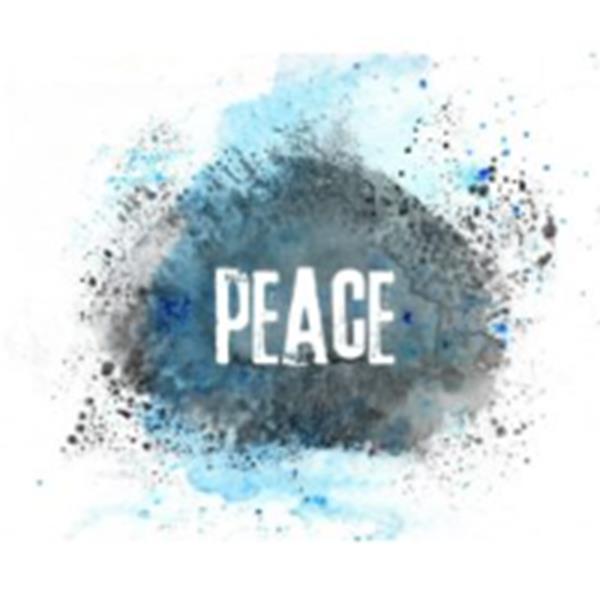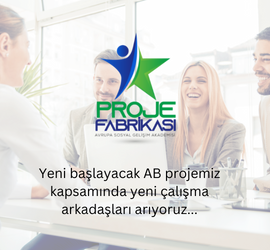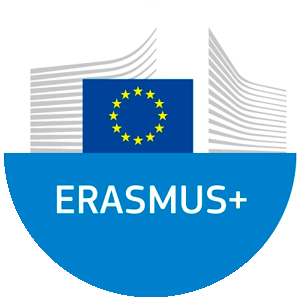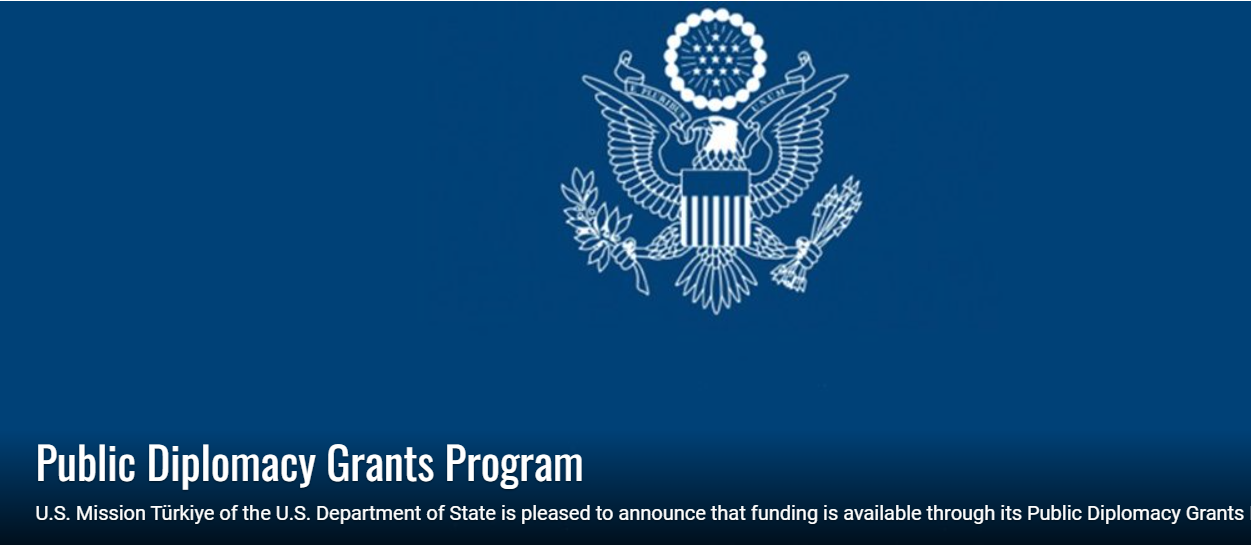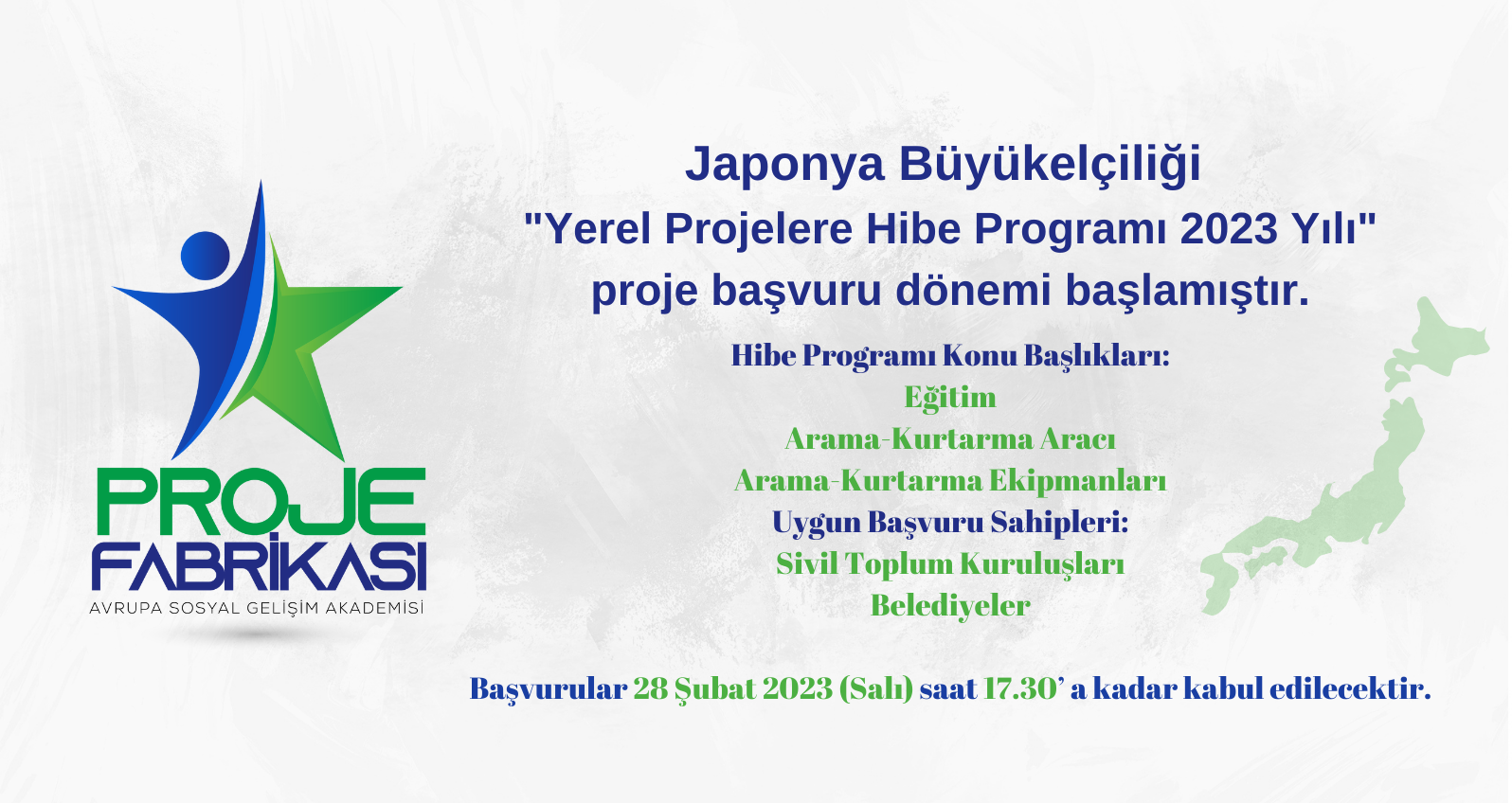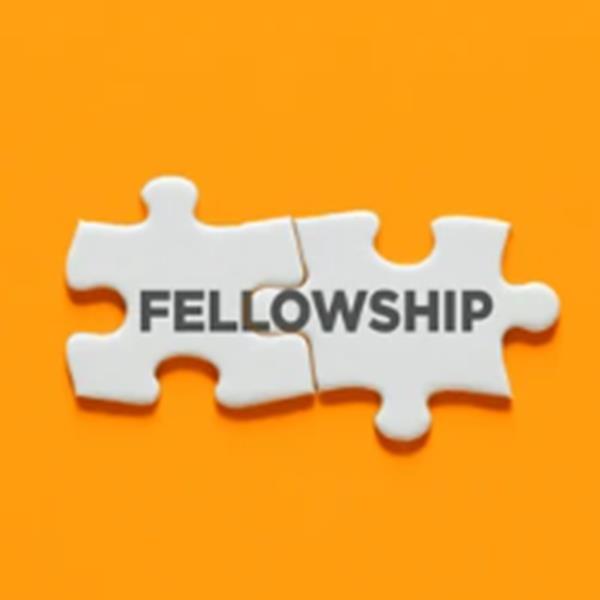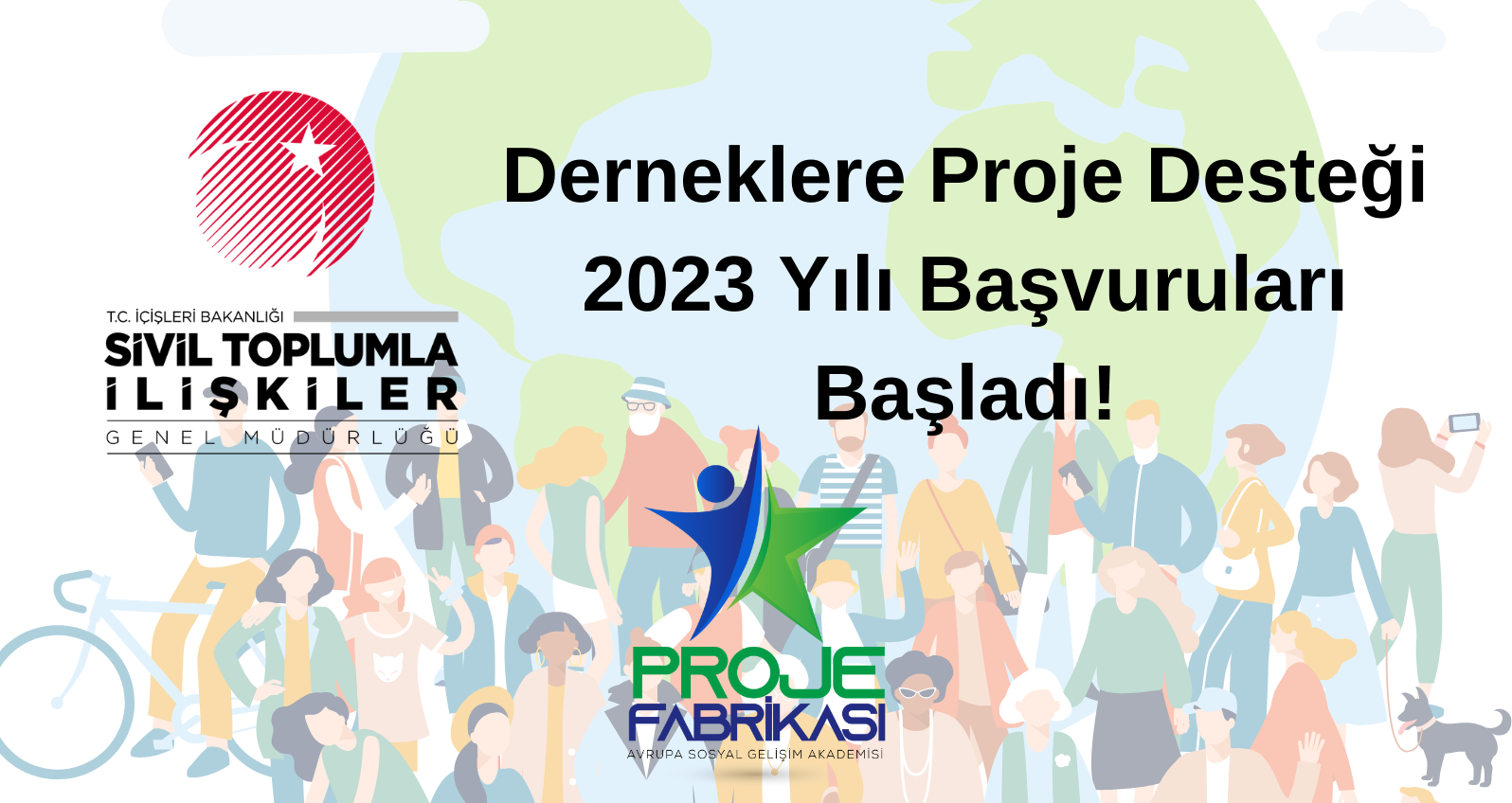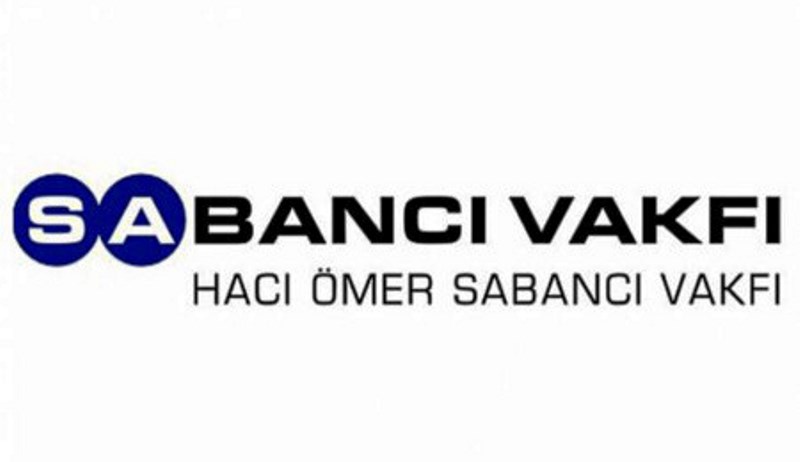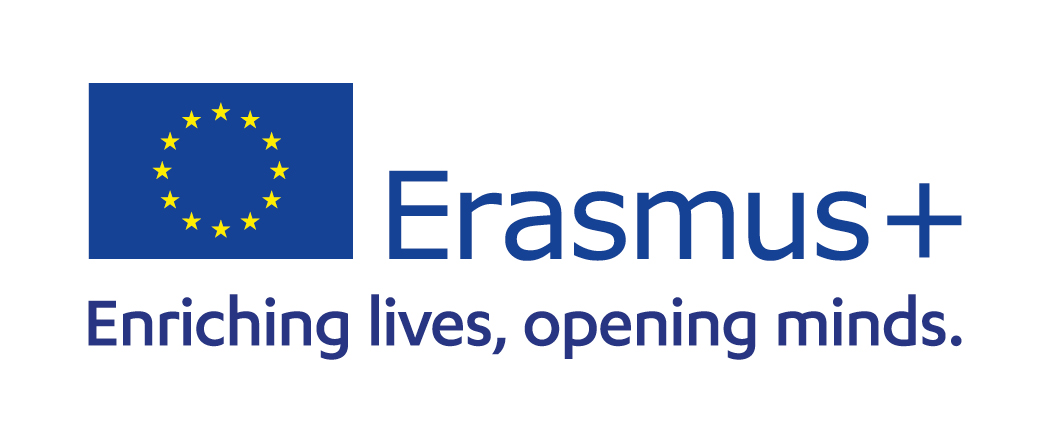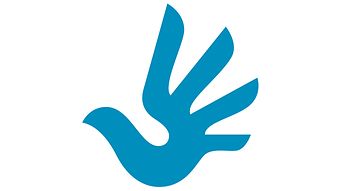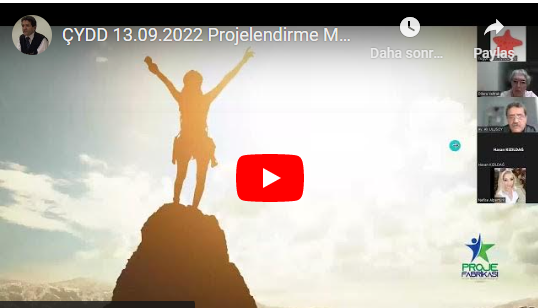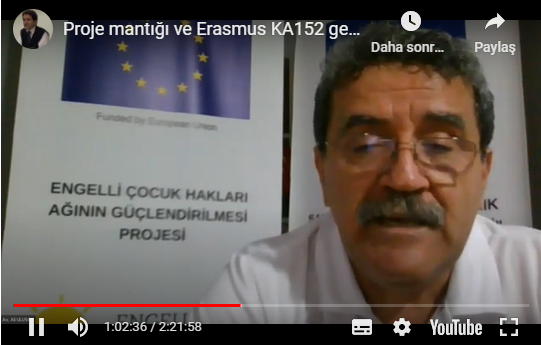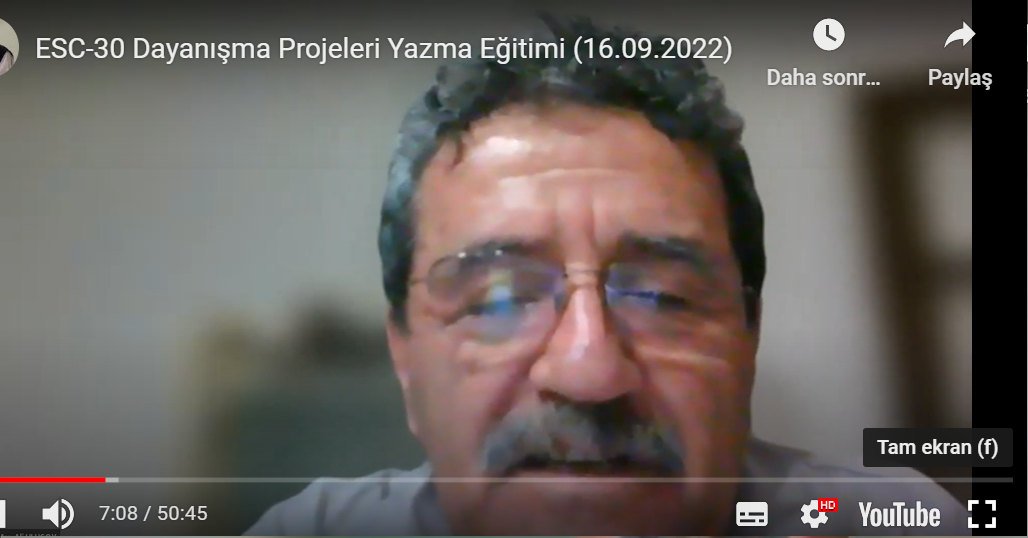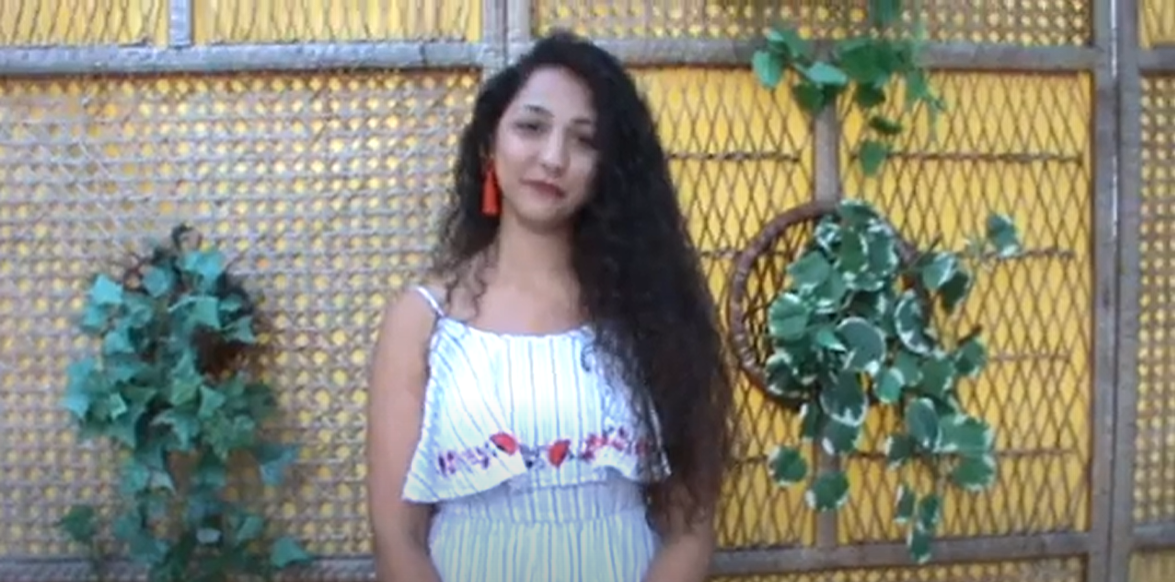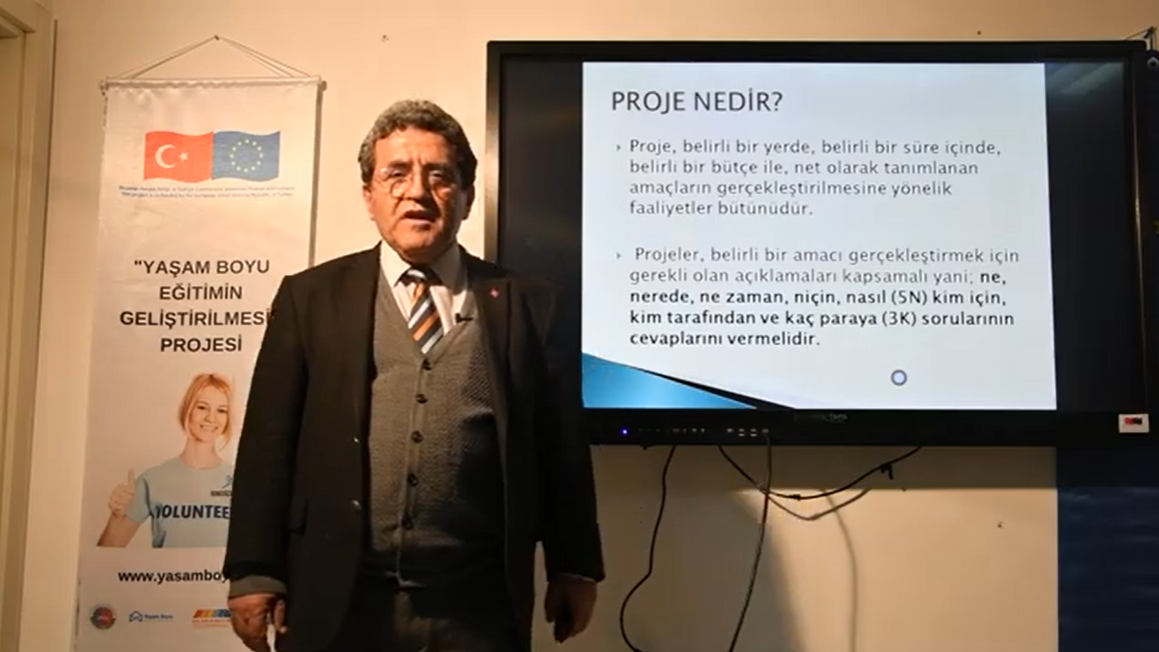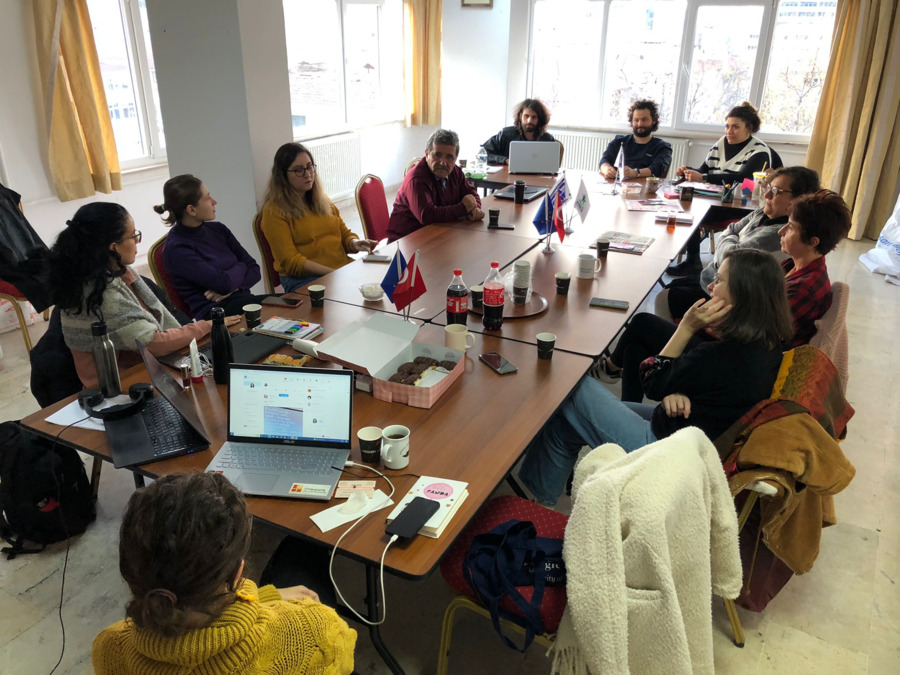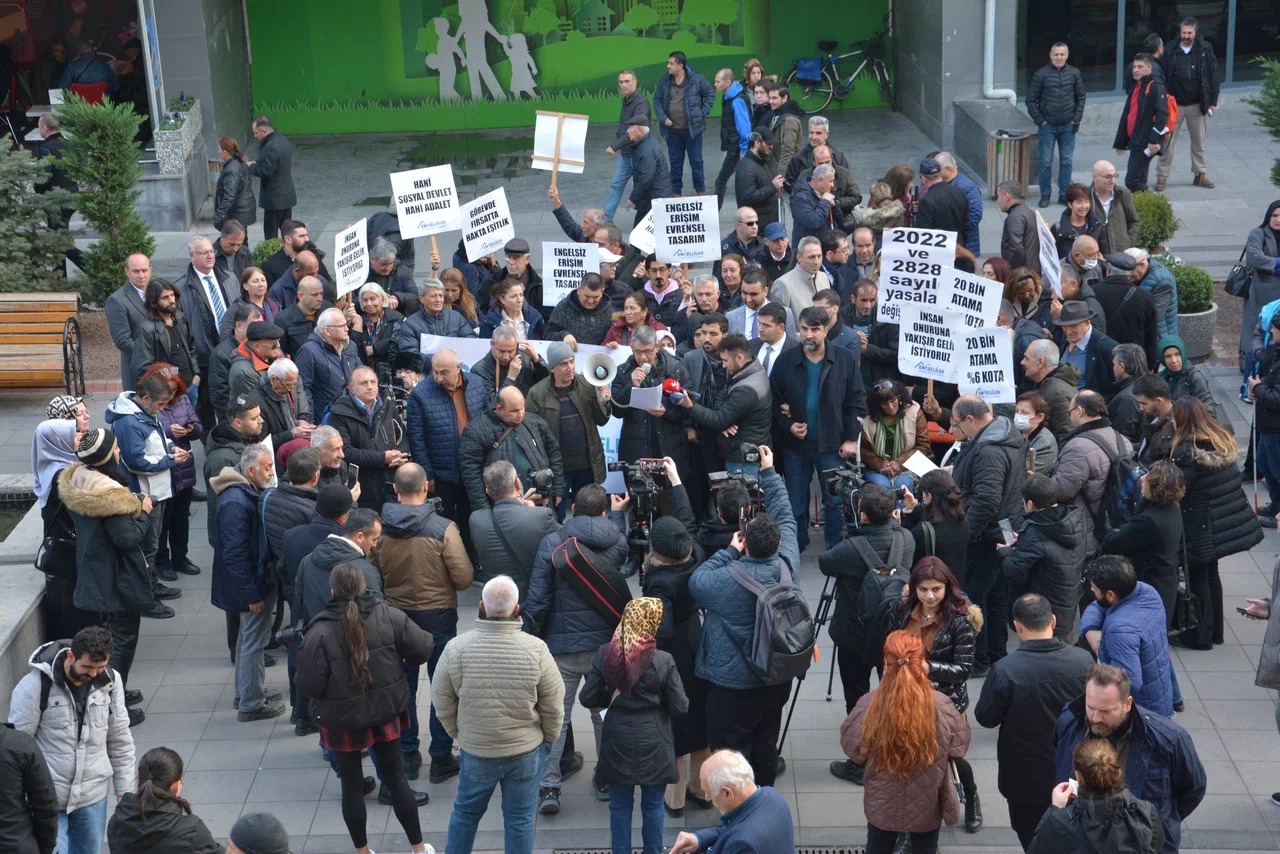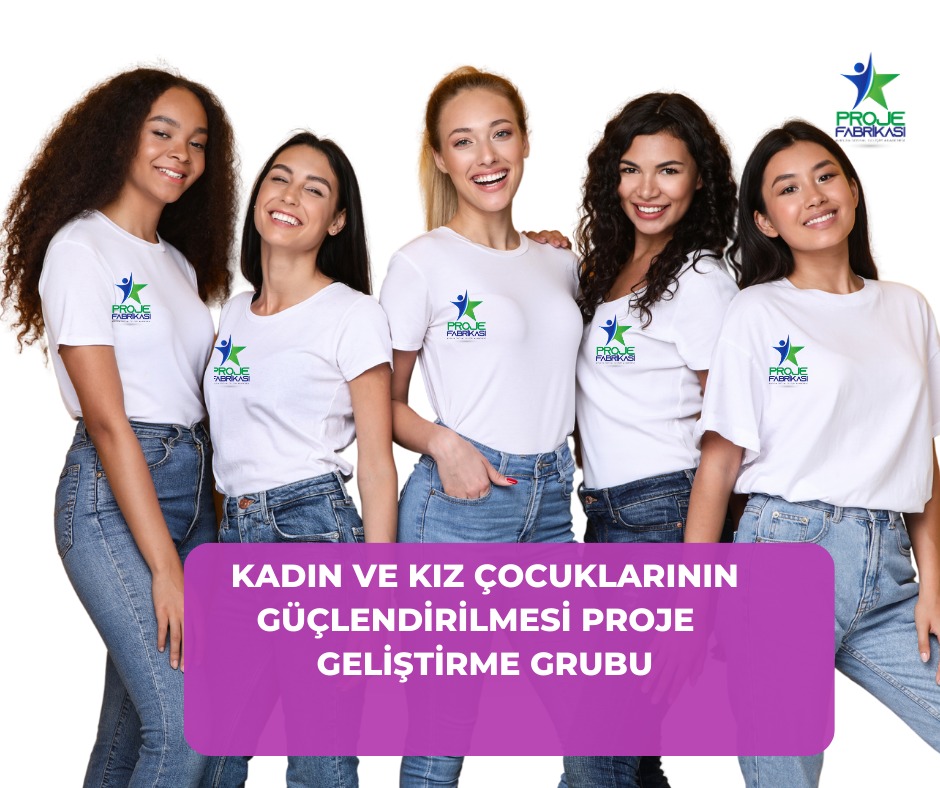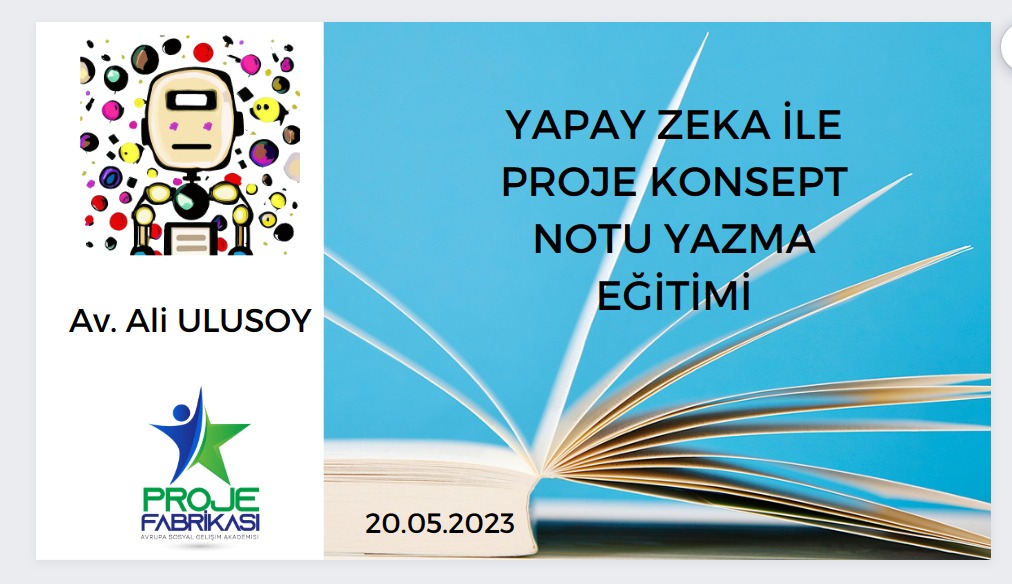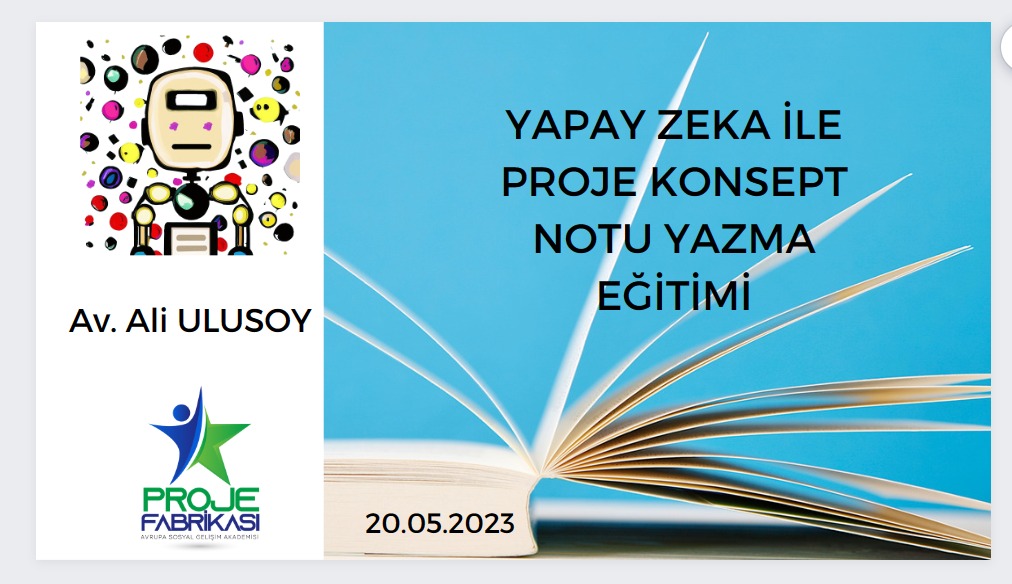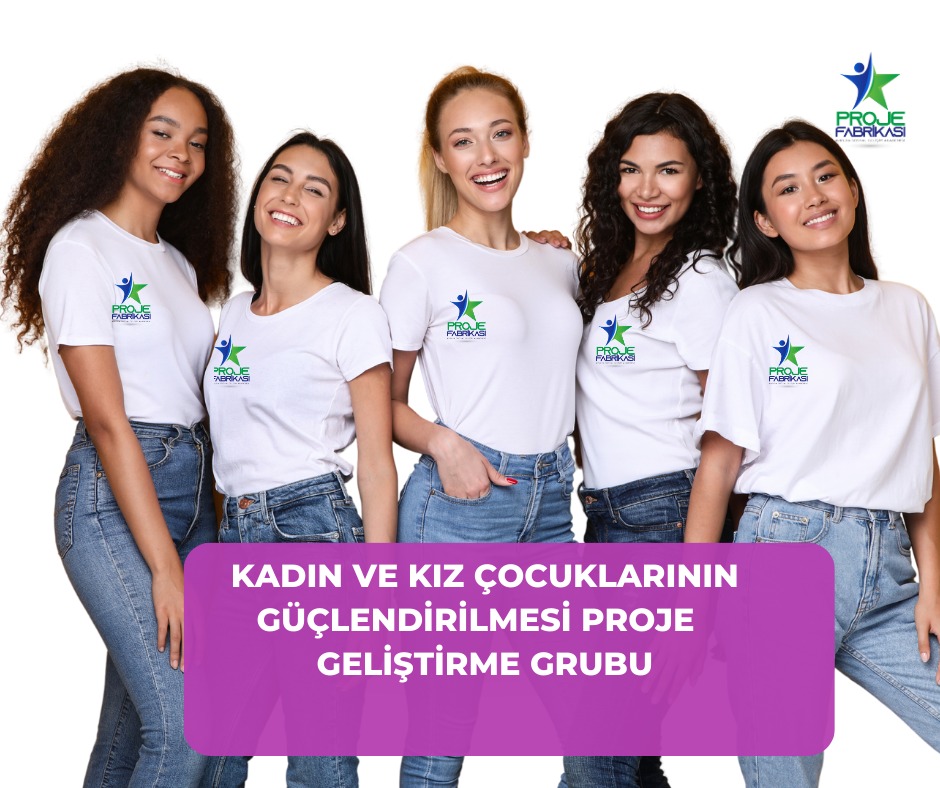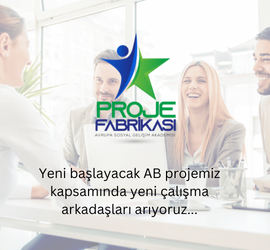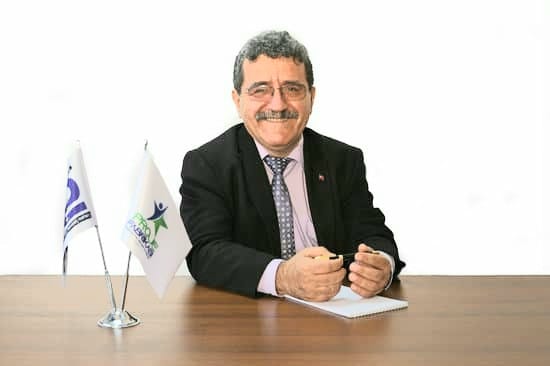The Desmond Tutu Reconciliation Fellowship is seeking to honour a person or group whose work has helped activate dialogue and practice in support of a sustainable resolution to the current crisis in ukraine.
The Desmond Tutu Reconciliation Fellowship aims to encourage and support individuals or organisations involved in creative, courageous and effective actions directed at establishing the conditions for a peaceful resolution of the present crisis.
The Desmond Tutu Reconciliation Fellowship recognises and supports people from all walks of life as they contribute to reconciliation projects within, between and across communities. The Reconciliation Fellowship supports activities undertaken by individuals that facilitate dialogue and practical engagement aimed at enhancing understanding and developing collaboration. It promotes reconciliation by bringing global support to individuals engaged in local projects.
Tutu Reconciliation Fellows are appointed on the basis of their work in the broad area of reconciliation. A key consideration in the selection process is the likelihood that a person’s ongoing work will generate deep and sustainable outcomes that advance reconciliation in one or more communities.
The Tutu Fellowship provides recognition and support to enable people from all walks of life to explore and develop the reconciliation dimensions of a particular project, activity or issue.
Possible domains of action include the following:
- Supporting dialogue between the warring parties or conflicting diaspora communities;
- Encouraging critical reflection and serious discussion about pathways and obstacles to peace;
- Contributing to public debates in political and media discourses, either nationally or internationally, in a way that may help open up alternative processes of resolution;
- Developing collective responses from different professional perspectives—such as, from doctors, artists, musicians, lawyers, teachers, scientists, and sportspeople.
Desmond Tutu Reconciliation Fellowship Objectives
- To support community-based activities that promote reconciliation.
- To develop experiences, knowledge and expertise in relation to grass-roots reconciliation projects.
- To provide fertile and supportive environments in which the various themes of and diverse perspectives on reconciliation can interact with and support each other.
- To foster a learning process in reconciliation that utilizes the powerful contemporary resources of communication.
- To contribute to the development of a living archive of reconciliation resources documenting reconciliation experiences and supporting their sharing and dissemination through forums, web-based notice boards, and networks.
What is the Desmond Tutu Fellowship?
- The Desmond Tutu Fellowship is the pre-eminent award globally for achievements in the field of reconciliation. Administered by Global Reconciliation in honour of the memory of the late Archbishop Desmond Tutu, it recognizes people from all walks of life who contribute to the theory and practice of reconciliation.
- The Fellowship rewards activities that promote dialogue and mutual understanding across the boundaries of cultural, racial, religious, gender, and other kinds of difference, seeking especially to bring global attention to grass-roots actions within local communities.
Reconciliation across Difference
- Global Reconciliation understands reconciliation as the promotion of creative dialogue and practical engagement across the boundaries of difference. Its task is to create and nurture the threads of communication where such dialogues and practices are most threatened. This means that reconciliation processes can be initiated at any stage of a conflict by acknowledging or accepting differences, and drawing on them, not as a cause for conflictual division but as a source of productive new meanings.
Expectations of Tutu Reconciliation Fellows
- They ask that Fellows continue to act in harmony with the principle of Global Reconciliation: to promote by non-violent means processes of dialogue and practice across boundaries of continuing difference.
- As recipients of the Reconciliation Fellowship, and in keeping with their principle of public dialogue, they ask that Fellows provide us with brief annual reports on their work that they can make public. They also request that Fellows make themselves available to support other members of the global reconciliation community where appropriate and as the need arises.
Criteria
- You must be over 18. There is no upper age limit for the award of a Tutu Reconciliation Fellowship. However, demonstrated ability for future achievement in your particular field will be taken into consideration.
- Fellowships are awarded on an individual basis only. However, they appreciate that in many cases they will involve group activities involving members of different communities. This will be taken into account in the selection process.
Award Process
- The award of the Fellowship is made following a review process that considers past accomplishments and possible future achievements. A panel will examine the nominations received and submit a recommendation to the Global Reconciliation Board, which will make the final decision. Successful candidates may hold the status of Fellow for life and use the initials FGR after their names in public recognition of their Fellowship of Global Reconciliation.
Selection Process
- There are no prescribed qualifications, academic or otherwise, for the Tutu Reconciliation Fellowship. Merit is the primary basis, and prospective Fellows are judged on past achievements and demonstrated ability for future achievement in any walk of life. The value of an prospective Fellow's work to the community, and the extent to which that work will be further enhanced by being awarded the Fellowship, are important criteria.
- A short list of applicants is compiled and a decision is made after extended consideration of candidates. Currently, the process is by nomination only. Nominations are sought broadly through the outreach of Global Reconciliation Executive or Board members.
- There is no defined monetary award associated with the Fellowship. However, Global Reconciliation will be pleased to support and advance the work of a Fellow, including through showcasing his or her achievements and on-going activities and, where appropriate, by providing in-kind assistance for approaches to government and non-government organizations for recognition or support. Where appropriate they will seek funding on mutual projects with Fellows.
For more information, visit Desmond Tutu Reconciliation Fellowship. 2023 CALL FOR NOMINATIONS — Global Reconciliation


